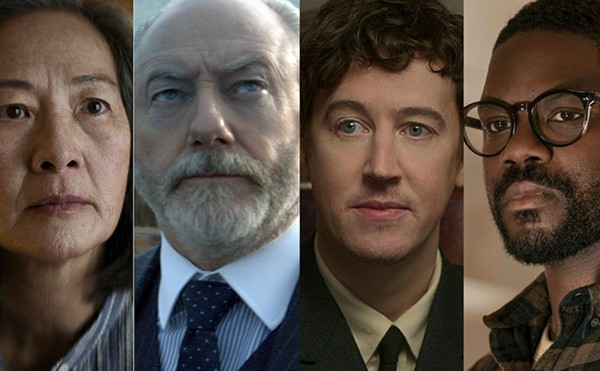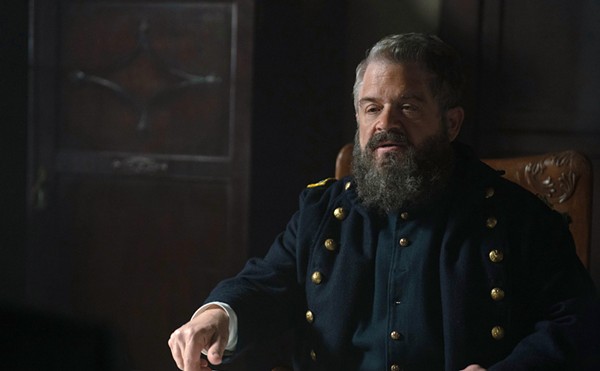|
A new PBS special delves into the way our language divides, unites, and defines us " ... People generally subtract about 50 points from your IQ the minute they hear the accent," observes political commentator Molly Ivins in the companion book to the new PBS special Do You Speak American? "And I found it took me aback to find that people simply assumed that I was both a racist and an ignoramus just because of the way I talk." That automatic linguistic demerit is not as common now as it was when Ivins first went to school out East (although George W. Bush has not helped perceptions any). The creators of the program, former PBS news anchor Robert MacNeil and documentary producer William Cran, report that a 1996 national survey found that 76 percent of Americans between the ages of 18 and 24 invite either "you all" or "y'all" to come on down, thereby circumventing any gender backlash over the Midwestern equivalent, "you guys." Ivins claims she is not pleased as punch by this so-called "Texification" of America.: "Texas law and custom is kind of like Hungarian wine, it does not travel well."
As the authors note in the book's introduction, "the backlash of emotional resistance to social change is often expressed in hostility to changing language," and the program promises to look at the social and political implications of dialect as well: Why, it asks, do white and black Americans sound less alike now than they did two generations ago? Do You Speak American? is a sequel to MacNeil and Cran's The Story of English, a BBC/PBS series produced in the mid '80s, which explored the history of the English language and attempted to answer why it is such a malleable, difficult, and appealing tongue. The new special picks up the story of English as it is poised on the brink of being subsumed by its offspring, American, a mongrel language that exceeds even the reach of its host country's armies. But if Ivins' fears are founded, and the whole country is "getting to be more like Texas," Americans will awake one day to find that they are speaking a variation of Texican. • By Elaine Wolff
|
Tags:

KEEP SA CURRENT!
Since 1986, the SA Current has served as the free, independent voice of San Antonio, and we want to keep it that way.
Becoming an SA Current Supporter for as little as $5 a month allows us to continue offering readers access to our coverage of local news, food, nightlife, events, and culture with no paywalls.
Scroll to read more Movie Reviews & News articles
Newsletters
Join SA Current Newsletters
Subscribe now to get the latest news delivered right to your inbox.













